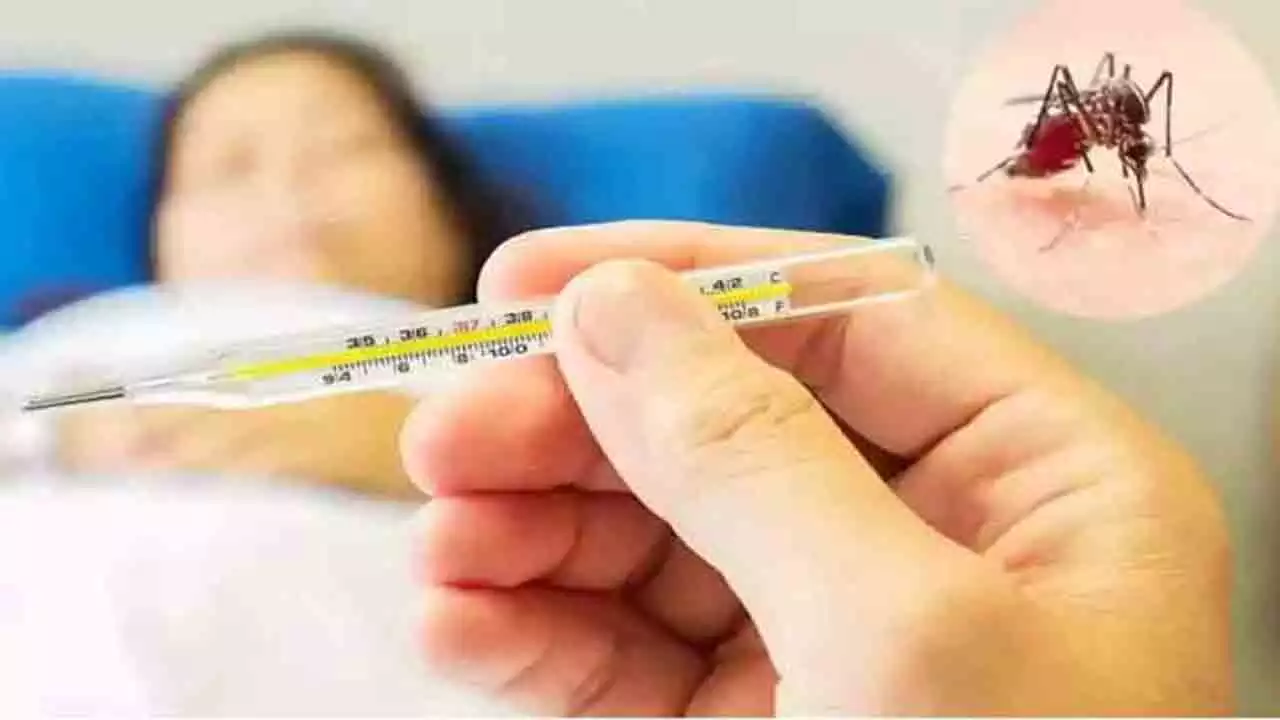The increasing number of dengue cases in major cities of Punjab, including Rawalpindi, Lahore, and Bahawalpur, has raised alarm among public health authorities. According to a spokesperson from the health department, 30 new dengue cases were reported in the past 24 hours from Rawalpindi alone, while two cases each emerged from Lahore and Bahawalpur. Additionally, isolated cases were also reported from Gujranwala and Faisalabad, signaling that the virus is spreading across various districts.
Dengue Outbreak in Numbers
So far, 703 cases of dengue fever have been confirmed across Punjab this year, with 237 cases reported just in the past week. The sudden surge in Rawalpindi, in particular, has alarmed health officials as the city grapples with the highest number of daily cases. The increasing number of infections across urban and semi-urban areas calls for immediate attention, especially as dengue season tends to peak during this time due to favorable weather conditions for mosquito breeding.
The Dengue Virus: A Continuing Threat
Dengue fever, caused by the Aedes mosquito, remains a significant public health challenge in Pakistan, particularly during the post-monsoon months when stagnant water provides ideal breeding grounds for mosquitoes. The virus is transmitted through the bite of an infected mosquito, and the symptoms include high fever, severe headaches, joint and muscle pain, and rashes. In severe cases, the disease can progress into Dengue Hemorrhagic Fever (DHF), which may result in severe bleeding, organ failure, and even death.
Health experts warn that the disease can spread rapidly if preventive measures are not taken to control mosquito breeding. With more than 700 cases this year and a considerable spike in recent weeks, efforts must be doubled to curb the spread of the disease.
Focus on Prevention and Control
The rising number of cases has put immense pressure on local health authorities, who are now focused on implementing preventive measures. In an effort to control the outbreak, the government is intensifying anti-dengue drives across affected regions. These measures include fumigation campaigns, public awareness initiatives, and the removal of stagnant water from public areas to prevent mosquito breeding.
The health department spokesperson emphasized the importance of community cooperation in controlling the spread of dengue. Residents are encouraged to take personal precautions, such as using mosquito repellents, wearing full-sleeved clothing, and ensuring that water containers are kept covered. Public health campaigns are also urging people to remove potential mosquito breeding sites from around their homes, such as standing water in flower pots, tires, and drainage systems.
Government Response and Health Facilities
The government has set up special dengue monitoring cells in hospitals to manage the influx of patients and has prepared isolation wards for dengue patients in major hospitals in affected cities. These specialized wards are equipped with necessary medical facilities to treat patients suffering from dengue fever, particularly those with severe symptoms.
Health authorities are also conducting door-to-door awareness campaigns to educate the public about the symptoms of dengue fever and the importance of early diagnosis. They are encouraging individuals to seek medical attention if they develop symptoms such as high fever, severe headaches, joint and muscle pain, or any signs of bleeding.
Challenges in Controlling the Spread
Despite the efforts of the government and health departments, several challenges remain in controlling the spread of dengue. Urban areas like Rawalpindi, Lahore, and Bahawalpur, where population density is high and public sanitation is inadequate, are particularly vulnerable to outbreaks. Stagnant water in uncovered drainage systems and unplanned urbanization have exacerbated the breeding of mosquitoes in these regions.
In addition to the environmental factors, the delayed onset of monsoon rains this year has extended the breeding season for mosquitoes. As a result, health officials are anticipating a longer dengue season, potentially stretching into the late fall.
Urgency for Action
The current rise in dengue cases highlights the urgent need for increased efforts to control the spread of the virus. Public cooperation is critical in the fight against dengue, as individual efforts to reduce mosquito breeding can significantly lower the number of cases. At the same time, timely and effective medical interventions for those affected will help reduce the severity and mortality associated with the disease.
To avoid a full-scale outbreak, it is essential for the government, health officials, and the public to work together in implementing preventive measures. The increasing number of cases should serve as a wake-up call for authorities to strengthen their efforts and ensure that the necessary resources are allocated to combat the dengue virus effectively.
As the health department continues its anti-dengue drives, the focus will remain on spreading awareness, implementing fumigation campaigns, and ensuring that local hospitals are adequately prepared to handle the growing number of patients.



